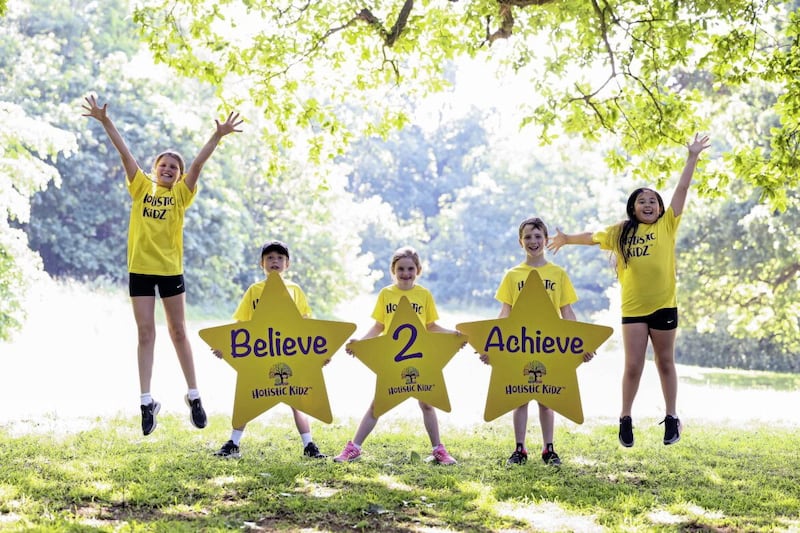EVERY parent will know that children are not afraid to ask tough questions, and not least about division here. “Why are there lots of flags there?” “Why are there paintings on those walls?” “Why do people march?”
There is an old adage which goes: “We are the bows from which our children as living arrows are sent forth.” It’s true. Our children are always learning something from us, whether we like it or not. Some of us may enjoy all the questions and thrive on young, inquisitive minds while there will be others dreading those tough questions about Northern Ireland’s past and present.
Community Relations in Schools (CRIS) has been around for over three decades and during that time we have had the privilege of working with thousands of children, young people and their teachers and parents, helping to build bridges, forge relationships and celebrate diversity.
What I have come to learn through my work in CRIS, and through my involvement in the lives of my friends’ children and my own nieces and nephews, is that children and young people have a thirst for knowledge, experiences and facts about the world in which they live and what can be interpreted as “truth”.
They are acutely aware of difference from a young age and can recognise the identity-based diversity that is all around us. It excites them. Talking about it intrigues them. They are also acutely aware of issues and topics that are taboo, contentious, tough or challenging – and these are the subjects they want to talk about most. Children are, rightly, intuitive beings, who naturally pick up on tensions, energies and attitudes.
Where this becomes challenging for us as adults is when the questions, intuitions, actions and curiosities directly challenge our own core beliefs or values. Or where it brings to the fore a conversation or issue which we feel is contentious, threatening, too personal, or which we feel ill-equipped or ill-informed to deal with.
As adults we have a huge responsibility to guide our children and young people in a way that opens and grows their understanding of diversity and prepares them for a beautiful, complex and challenging world. Therefore, the journey starts with us. We need to nurture, challenge and inform ourselves.
This does not mean that we need to have all the answers or experiences but it does mean that we need to be open. We need to be aware that how we handle a tough issue or complex question could shape the understanding and actions of a child and young person – potentially for a lifetime.
At CRIS we have adopted, adapted and developed whole school community and intergenerational approaches to learning and development. We believe that it takes “a village to raise a child” and have seen at first-hand the benefits of providing adults with opportunities to explore, shape, challenge and inform their understanding of the world around them.
Our own learning and development is a lifelong process and if we learn to value and inform that, then it will impact on how we value and inform the learning and experiences of our children. As adults we will never have all the answers and in many cases our responses will be based on our own experiences and perceptions of how we believe the world to be rather than how the world actually is.
So, how do we talk about tough issues with children and young people? With an open mind and heart, a preparedness to explore potential controversial themes, and from a value-based position which honours their learning and understanding rather than our views and experiences. And most importantly of all – with the knowledge and expectation that we will learn and grow in our own journey by supporting them on theirs.
Next time you're asked a tough question, don’t panic! Consider it an opportunity and remember the role we all have in peace building.
:: For more information about CRIS see www.crisni.org or call 0792 1851 601.








